
The travel world has officially hit its climate-aware era. Forget vague green promises — today's best destinations are backing sustainability with real policies, local partnerships, and planet-friendly experiences. From carbon-negative countries to electric-powered fjords, these places aren't just looking good on Instagram — they're doing good, too. From eco-friendly fjord cruises in Norway to Indigenous community-led treks in Greenland, coral restoration in Fiji to forest-preserving policies in Bhutan, these 12 responsible travel destinations are proving that travel and responsibility don't have to be at odds. Here's where to go in 2025 if you want your holiday to have impact, not just aesthetics — but meaning, too.
Also Read: World Earth Day 2025: 7 Of The Coolest Carbon Neutral Hotels Offering Sustainable Luxury
Here Are 12 Sustainable Destinations Driving Responsible Travel In 2025:
1. Northern Costa Rica
Costa Rica has long been the poster child for ecotourism, but its northern region — home to Rincon de la Vieja and Tenorio Volcano National Parks — is setting a new standard. Visitors can hike to turquoise waterfalls like Rio Celeste, spot tapirs and toucans on community-run safaris, and stay at ecolodges like Origins Lodge that use hydroelectric power and organic farming. The country runs on 99% renewable energy and has pledged to reach net-zero emissions by 2050, making your jungle getaway here as low-impact as it gets.
2. The Azores, Portugal
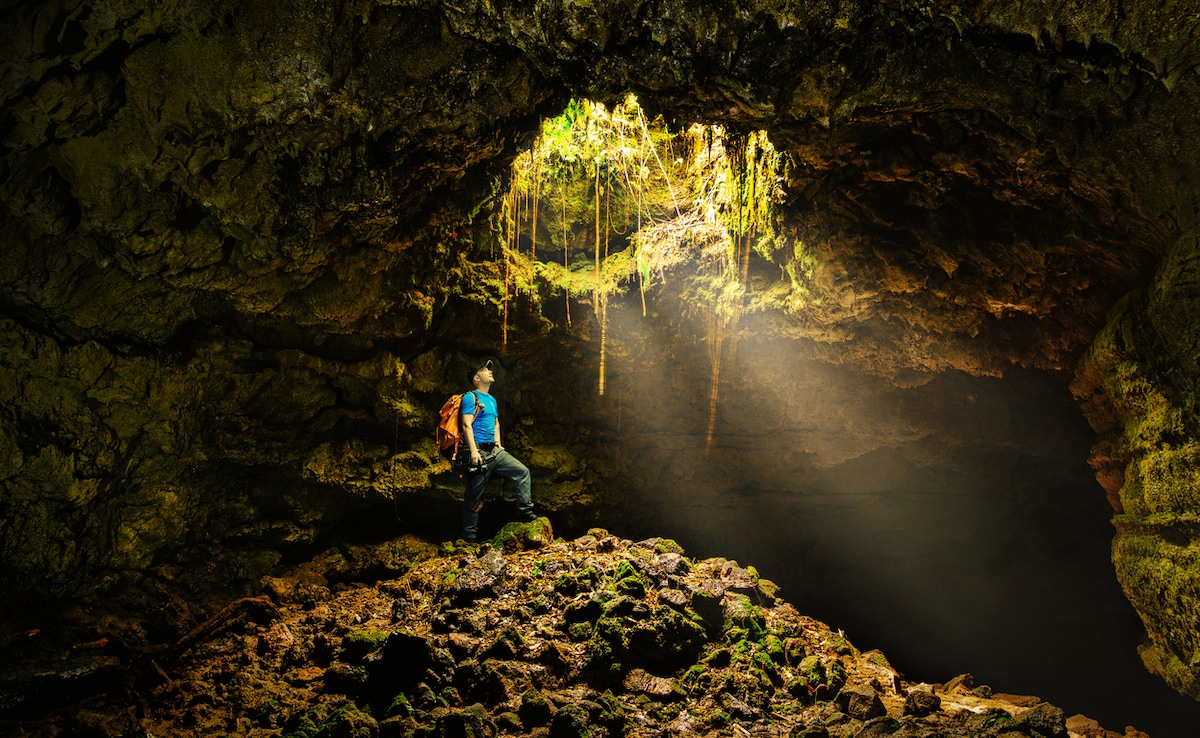
The Azores. Photo: iStock
This remote Portuguese archipelago has been lauded by the Global Sustainable Tourism Council for its integrated approach to conservation. Sao Miguel's geothermal-fed hot springs, Terceira's lava caves, and Faial's whale sanctuaries offer natural wonders without the crowds. The Azores get 40% of their electricity from renewables and are aiming for carbon neutrality by 2030. Many accommodations are eco-certified, including the zero-waste-inspired Lava Homes. As of 2023, the regional government also implemented a "carrying capacity" study to limit mass tourism.
3. Rwanda
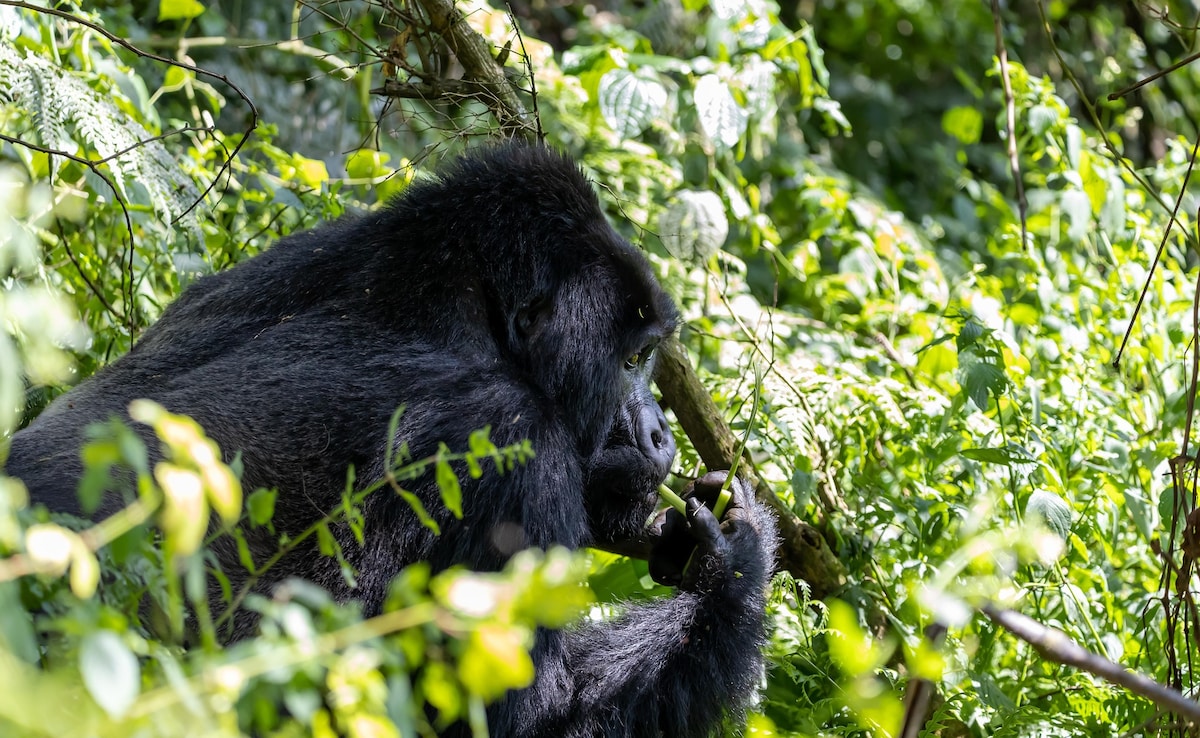
Rwanda. Photo: Pixabay
In Rwanda, tourism has become a tool for healing and growth. Gorilla trekking in Volcanoes National Park directly funds conservation and allocates 10% of permit fees to local communities. Rwanda Development Board has capped gorilla visitor permits at 96 per day to prevent stress on wildlife. Lodges like Bisate and Singita Kwitonda are built with volcanic rock, powered by solar, and employ locals. The country has banned plastic bags since 2008 and enforces monthly Umuganda (community clean-up days), which even tourists can join.
4. Norway
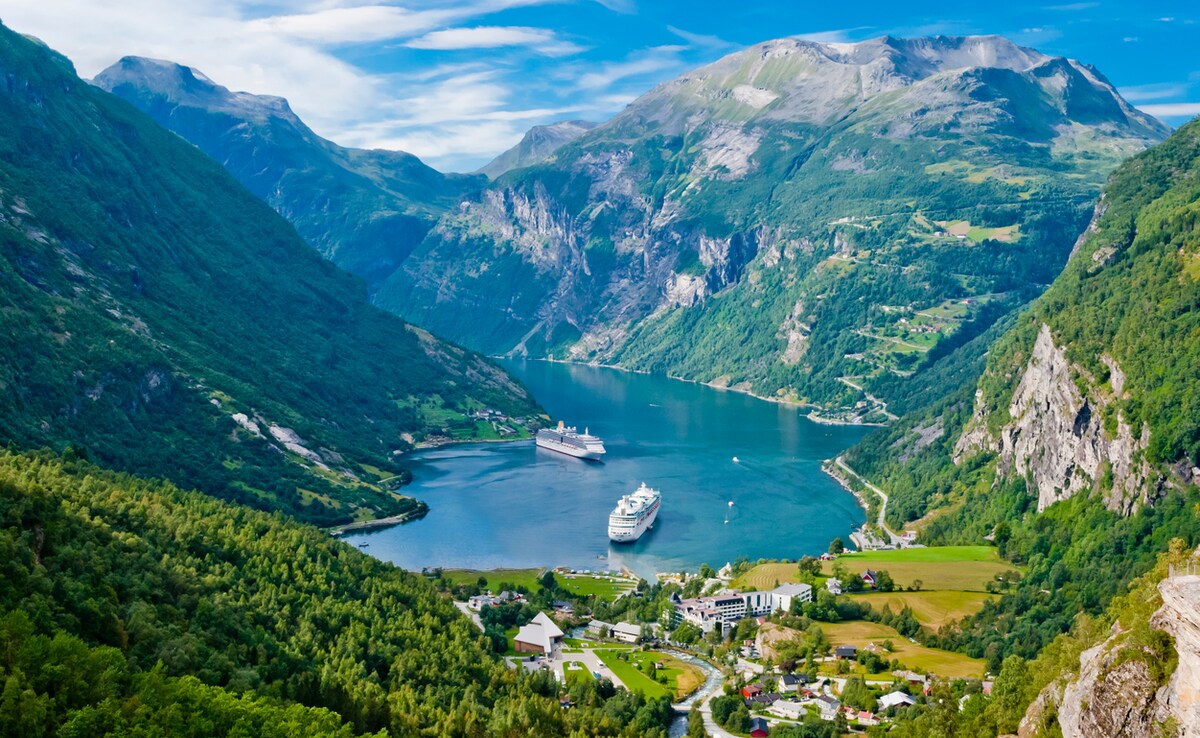
Norway. Photo: iStock
Norway isn't just leading on electric cars — it's electrifying the travel industry. The country will ban fossil fuel-powered cruises in UNESCO-listed fjords from 2026, but lines like Hurtigruten and Havila are already operating hybrid ships. The Lofoten Islands have introduced eco-taxes and limit short-term rentals to preserve local culture. Stay in energy-efficient cabins, hike in protected parks like Rondane, and dine on seasonal menus featuring reindeer, cod, and foraged berries. Bonus: Oslo aims to become the world's first emission-free capital by 2030.
5. Singapore
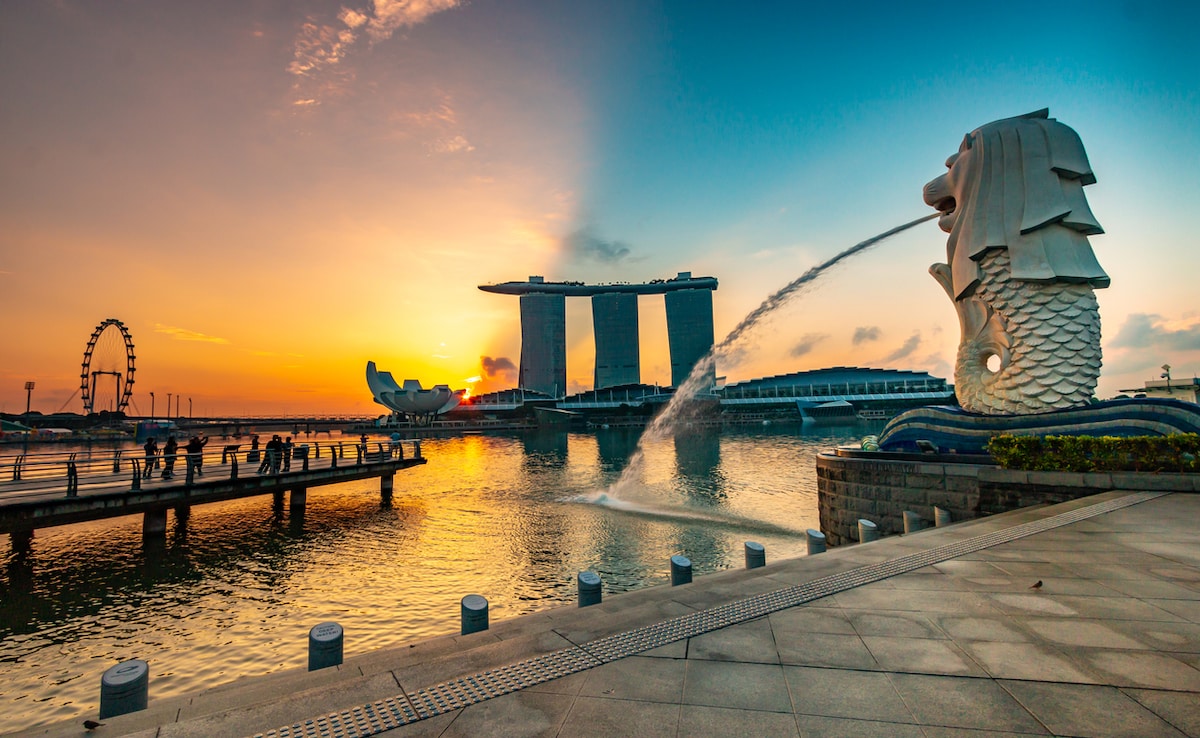
Singapore. Photo: iStock
Singapore's Green Plan 2030 includes reforestation, car-lite zones, and a goal to triple cycling paths. Tourism aligns with this vision. Gardens by the Bay uses a sophisticated biomass-powered cooling system, and the new Mandai Wildlife Reserve is built with green-certified materials and eco-bridges for wildlife movement. Stay at PARKROYAL Collection Marina Bay, which is powered by solar and covered in 2,400 plants. You can kayak through mangrove forests in Pulau Ubin or shop plastic-free at the city's growing zero-waste stores.
6. Eastern Greenland
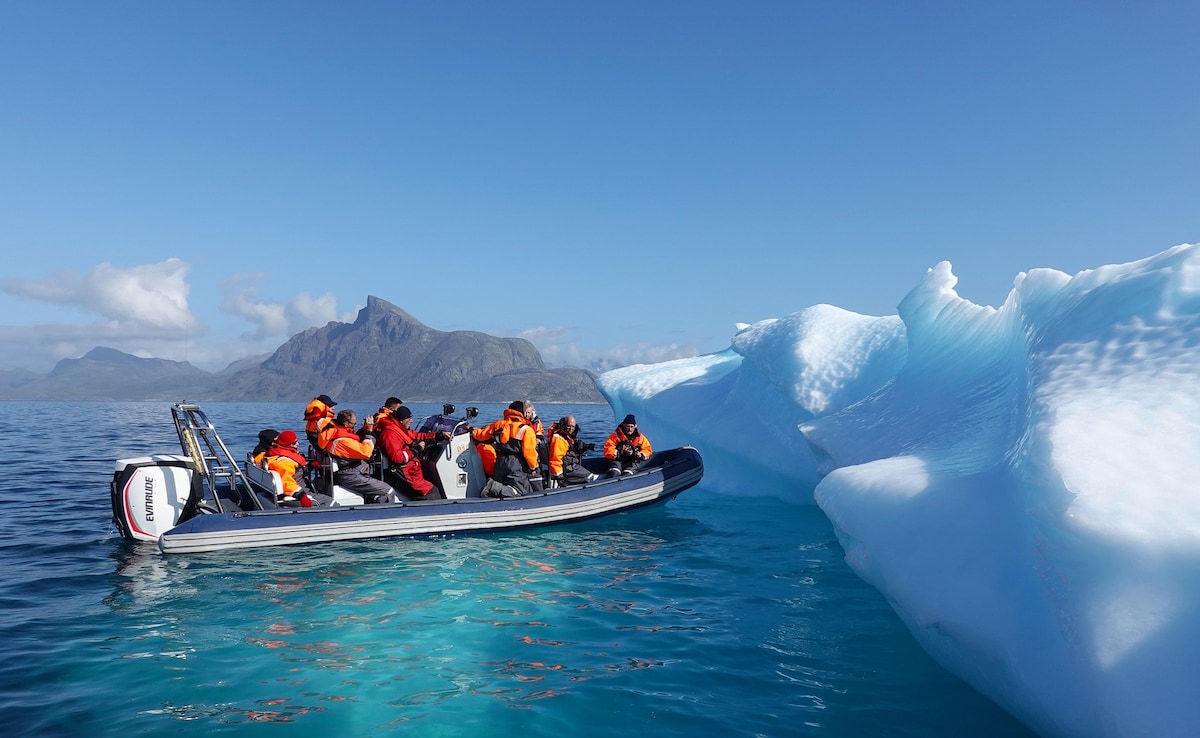
Greenland. Photo: Pixabay
Eastern Greenland remains one of the least developed tourism regions in the Arctic, and that's by design. Places like Tasiilaq and Kulusuk focus on small-scale, locally led experiences — husky sledding, ice fjord hiking, and Inuit cultural storytelling. There are no mass cruise terminals here. Non-profit groups like Visit Greenland have launched guidelines promoting low-impact travel, and climate education is built into many itineraries. With permafrost melt and rising seas threatening daily life, tourism here is more about listening than consuming.
Also Read: 7 Micronations That Are No Less Than Utopian Wonderlands
7. Fiji
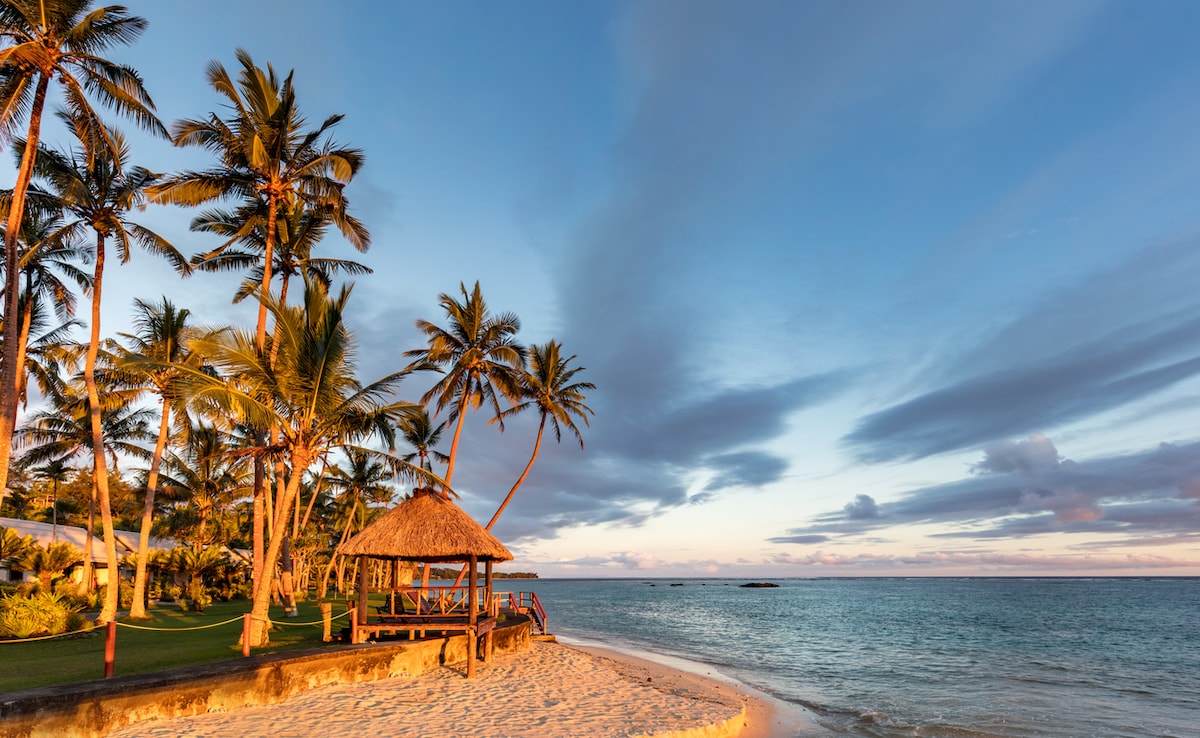
Fiji. Photo: iStock
Fiji is taking climate resilience seriously. With over 80 marine protected areas and 100% of its national parks managed by local communities, the island nation has banned plastic bags, polystyrene, and microbeads. Coral planting is common at resorts like Six Senses and Jean-Michel Cousteau, which also run marine biology programmes for guests. In 2023, the country launched a national "Blue Bond" to fund reef restoration and eco-tourism projects. Snorkel responsibly in the Namena Marine Reserve or hike inland to Nabalesere Waterfall for a glimpse of untouched rainforest.
8. Dominica
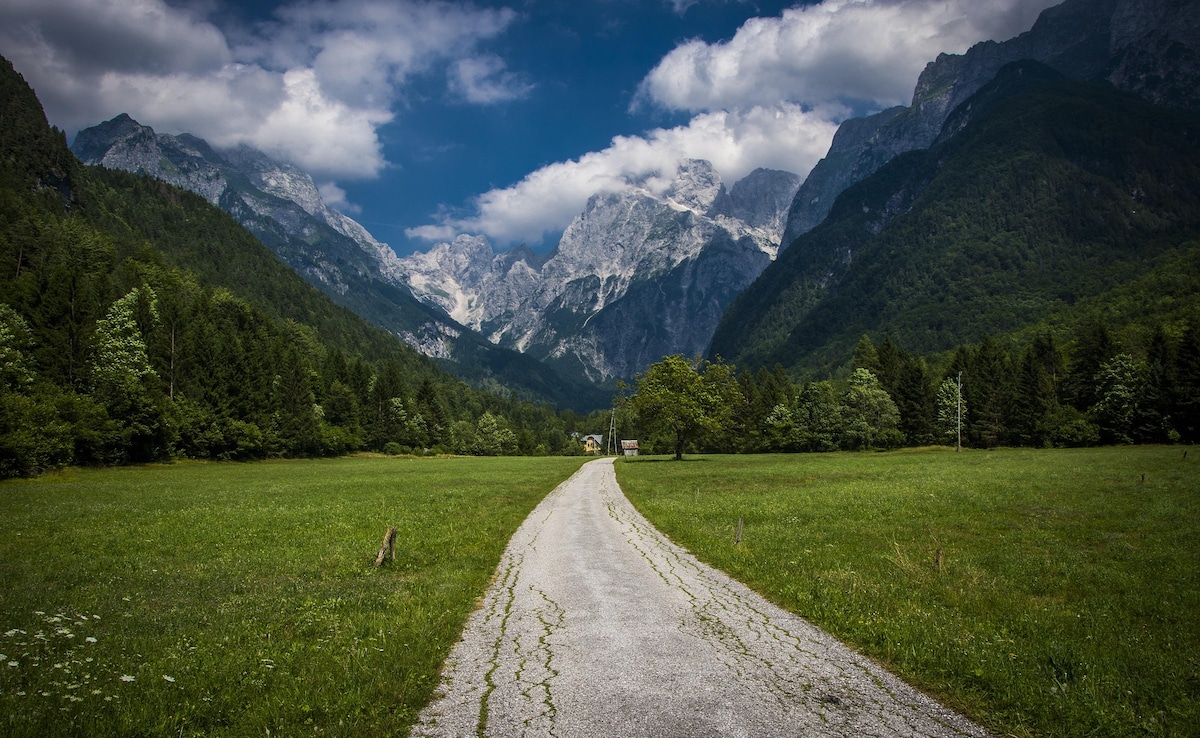
Dominica. Photo: Pixabay
After being devastated by Hurricane Maria in 2017, Dominica has rebuilt with a climate-first mindset. It's now working towards becoming the world's first climate-resilient nation. The Waitukubuli National Trail, the Caribbean's longest hiking route, cuts through rainforests, hot springs and traditional Kalinago villages. Eco-resorts like Jungle Bay and Rosalie Bay are powered by renewables and employ local staff. Dominica's marine parks and dive sites, like Champagne Reef, are also protected by national legislation limiting overuse.
9. Bhutan

Bhutan. Photo: iStock
Bhutan charges a Sustainable Development Fee of USD100 per day, directing funds to healthcare, education and conservation. It remains the world's only carbon-negative country, with over 70% forest cover. Travellers can now visit less-trodden areas like Haa Valley or Lhuntse, where community-based homestays are on the rise. Bhutan's tourism law requires all hotels to meet eco-certification standards, and new policies support electric vehicle adoption and waste-free trekking. Don't expect luxury excess — expect spiritual connection and quiet impact.
10. Botswana
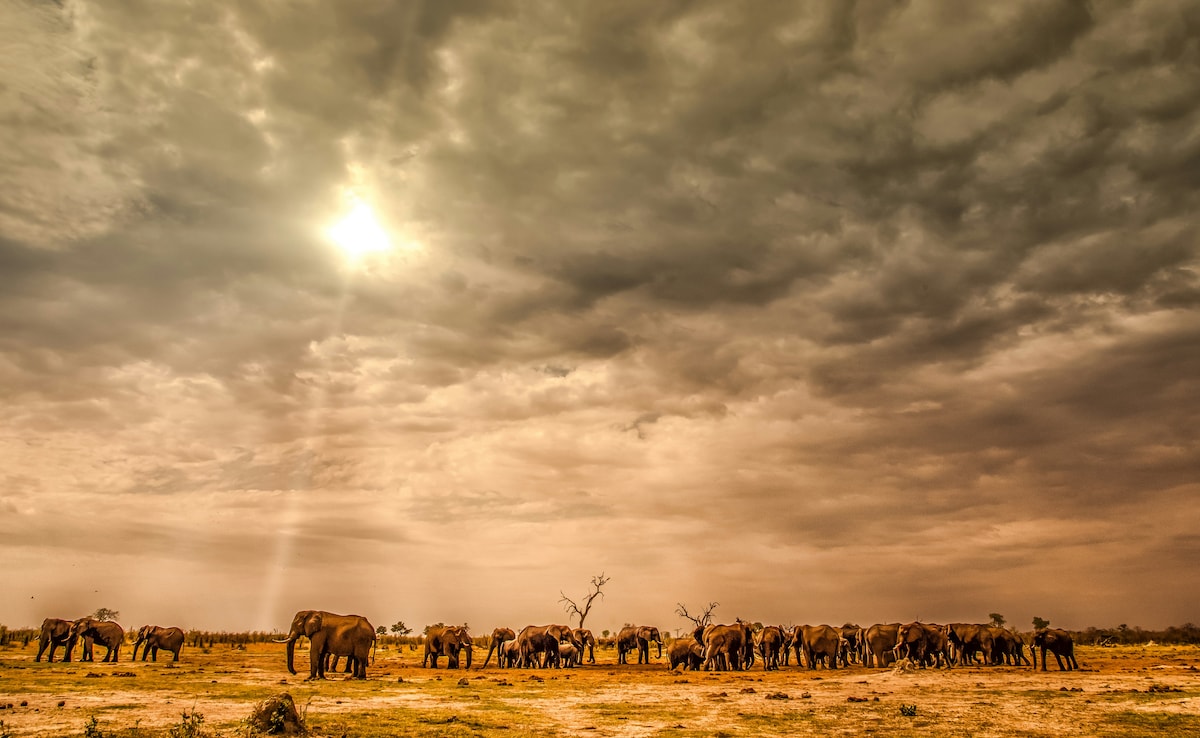
Botswana. Photo: Unsplash
Botswana's low-impact model prioritises quality over quantity. The Okavango Delta, a UNESCO World Heritage Site, offers solar-powered tented camps like Gomoti Plains and Xigera Safari Lodge. Nearly 40% of the country is under some form of conservation. Community trusts manage wildlife corridors and receive direct proceeds from tourism. Elephant populations are thriving thanks to anti-poaching units partly funded by safari tourism. In the Central Kalahari, travellers can learn survival skills from San bushmen through vetted cultural exchanges.
11. Barbados
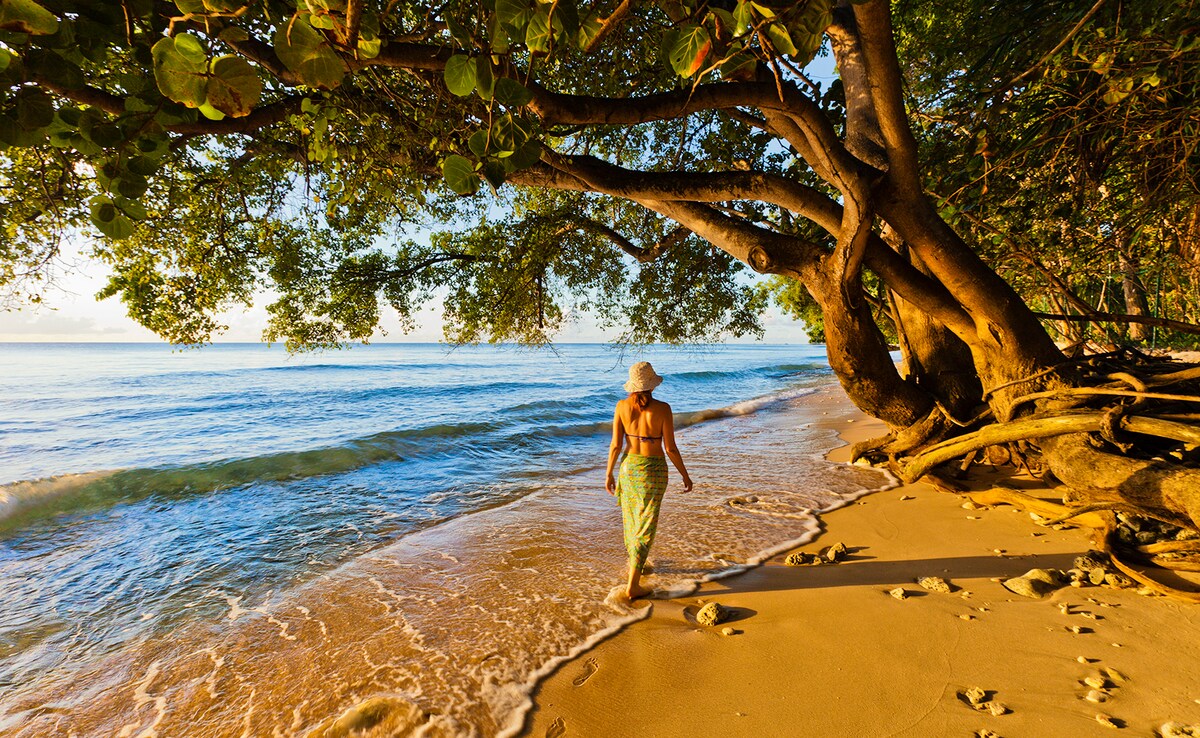
Barbados. Photo: iStock
Barbados is punching above its weight in the climate fight. It has pledged to be fossil fuel-free by 2030, with over 50% of power expected from solar by 2025. Tourism Minister Ian Gooding-Edghill has stated that all new tourism developments must meet green certification standards. ECO Lifestyle + Lodge uses rainwater harvesting and composting, while local tour operators like Walkers Reserve offer dune restoration workshops. The island's "slow food" movement is growing, with chefs like Damian Leach championing hyper-local menus.
12. Kyoto, Japan
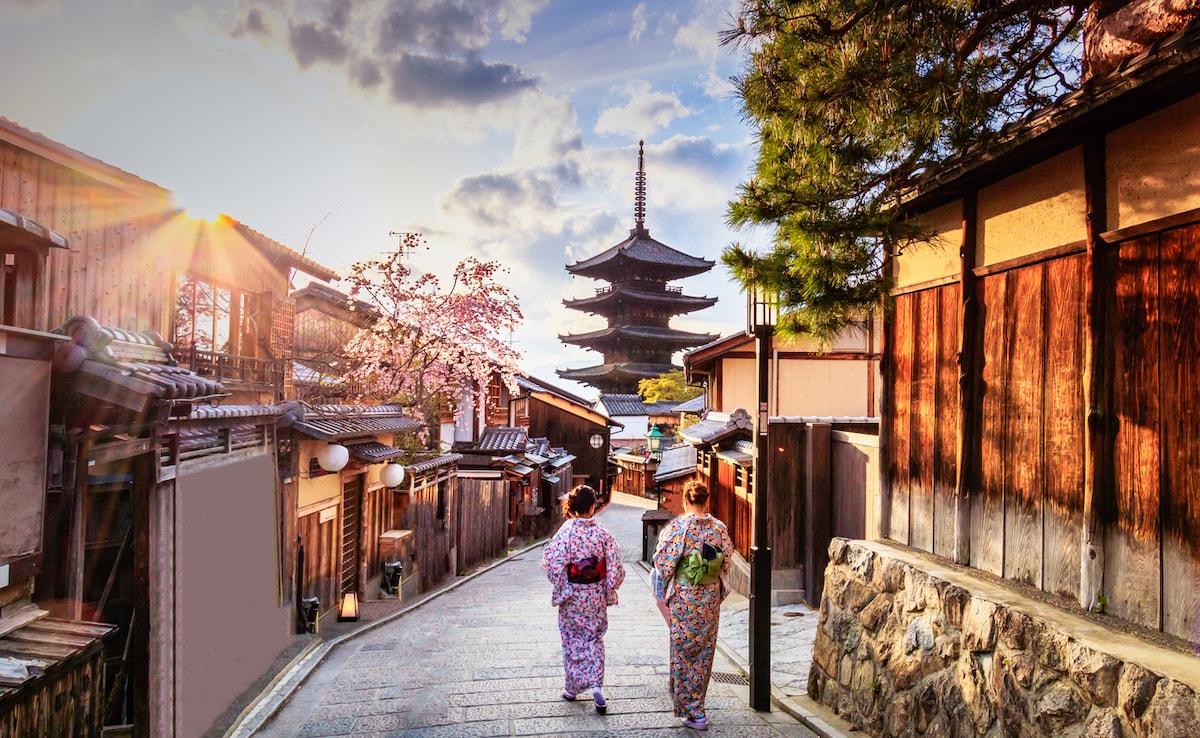
Kyoto. Photo: iStock
Kyoto's efforts to curb overtourism include reservation-only systems at popular sites like Arashiyama and Fushimi Inari, and caps on tour buses in heritage zones. The city has banned short-stay rentals in residential areas and is promoting "slow travel" via its Kyotogram campaign. Visitors are encouraged to stay longer, support traditional crafts, and take public transport. Tea workshops in Uji, temple lodgings (shukubo), and local-run tofu tasting tours are helping support artisans struggling with tourism volatility.
Track Latest News Live on NDTV.com and get news updates from India and around the world

